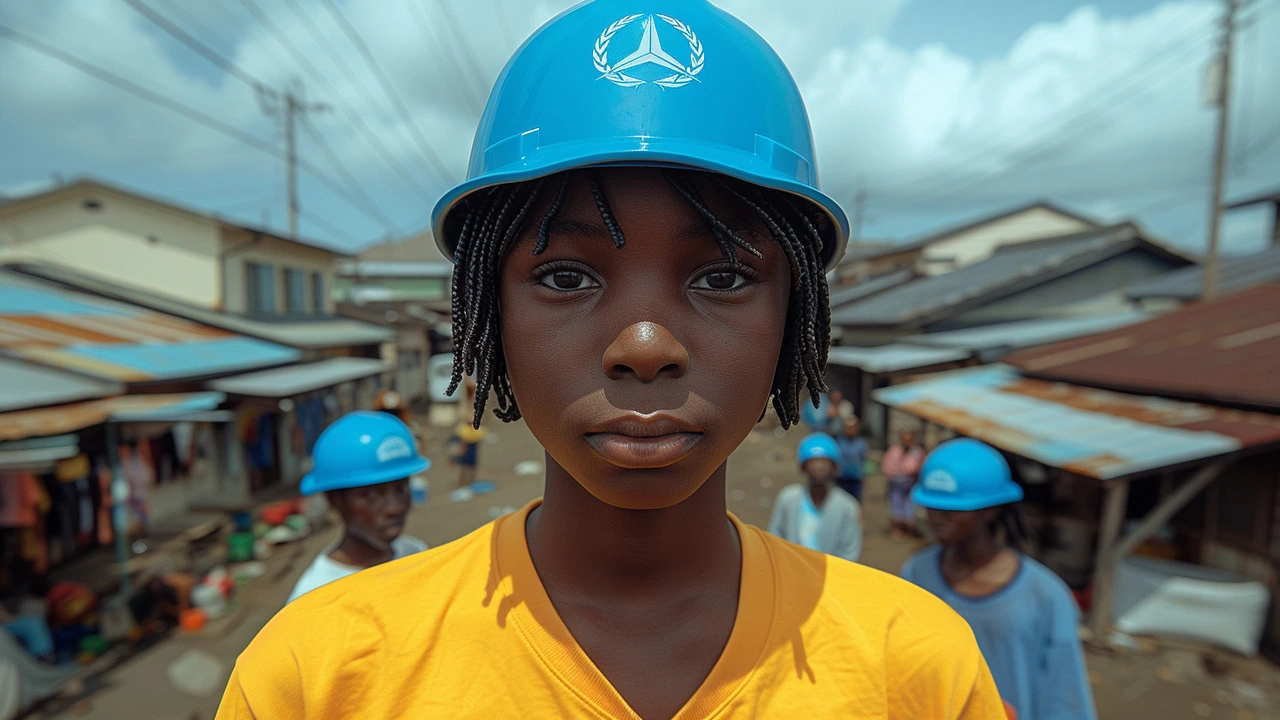War changes everything around it — lives, towns, and how countries interact. Peacekeepers don't stop war with magic; they work in messy, dangerous places to protect people, keep lines open for aid, and make space for diplomacy. If you want to understand war beyond headlines, focus on what peacekeeping teams actually do on the ground.
First, peacekeepers often protect civilians. That can mean patrolling neighborhoods, setting up safe zones, or escorting aid convoys. Second, they monitor ceasefires and report violations so negotiators have solid facts. Third, they support disarmament and help collect weapons when groups agree to lay them down. Fourth, they assist with basic services — helping hospitals, rebuilding schools, or restoring water when local systems collapse.
Peacekeeping isn't one-size-fits-all. Missions change based on the mandate from the UN or other bodies. Some teams focus on observation and reporting; others are allowed to use force to protect civilians. Mandates, local politics, and limited resources shape what’s possible, and that’s why some missions succeed while others struggle.
Want clearer news? Look for reports that explain who controls which areas, what the ceasefire terms are, and what international teams are allowed to do. Check official mission updates, NGO situation reports, and trustworthy local sources. Avoid viral posts that lack context — a single image rarely tells the full story.
You can also track practical signals: where aid is being delivered, where schools reopen, and where displaced people can safely return. Those indicators often show whether a place is moving from open war toward stability.
How can you help without being on the ground? Support reputable humanitarian groups providing medical care and shelter. Share verified information rather than rumors. If you care about policy, contact your representatives and ask them to back well-defined peacekeeping mandates and funding for humanitarian aid.
On this site, you'll find mission stories, analysis pieces, and long reads that explain the human side of peacekeeping and the systems behind it. Read feature articles to hear firsthand accounts from peacekeepers and civilians — those stories show both the impact and limits of international action.
War is harsh, but understanding how peacekeeping works makes it easier to spot progress and failures. Knowing the facts helps you follow developments, support the right groups, and hold decision-makers accountable. Stay curious, check sources, and look past the noise to see what peacekeepers actually do where it matters most.

Hi there, my latest article gives a deep dive into the lifesaving role of peacekeeping amidst war. I've explored the challenging yet crucial task of maintaining peace in war-torn regions and why it matters on a global scale. You'll get insights into the real-life heroes who risk their lives to restore peace and the massive impact they've had over the years. Join me as I honor these unsung heroes who bring light to the darkest corners of the world.
